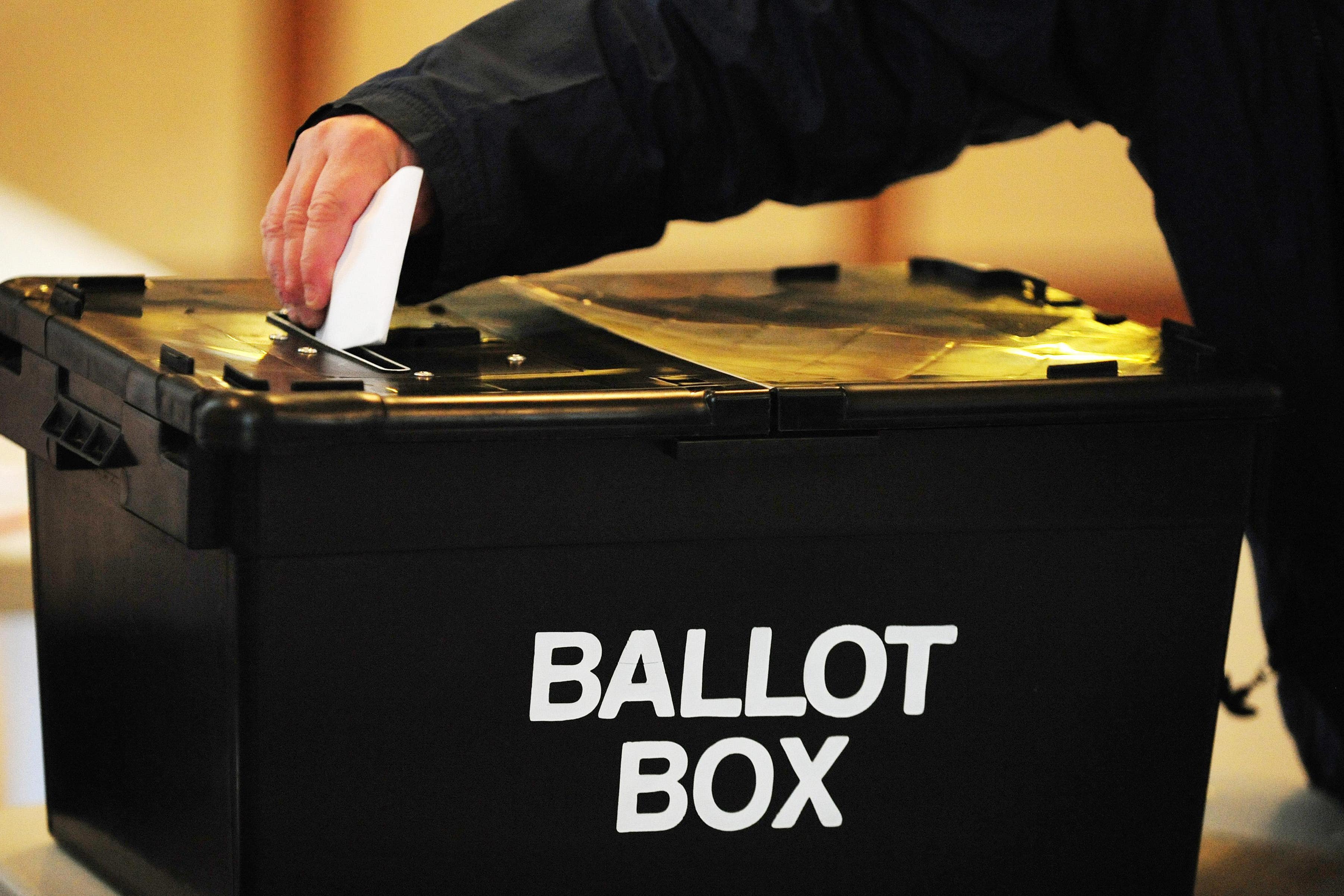Wave of populism may have overwhelmed No campaign if vote came later, says chief
Former Better Together boss Blair McDougall was speaking on the 10th anniversary of Scots voting against independence.

Your support helps us to tell the story
From reproductive rights to climate change to Big Tech, The Independent is on the ground when the story is developing. Whether it's investigating the financials of Elon Musk's pro-Trump PAC or producing our latest documentary, 'The A Word', which shines a light on the American women fighting for reproductive rights, we know how important it is to parse out the facts from the messaging.
At such a critical moment in US history, we need reporters on the ground. Your donation allows us to keep sending journalists to speak to both sides of the story.
The Independent is trusted by Americans across the entire political spectrum. And unlike many other quality news outlets, we choose not to lock Americans out of our reporting and analysis with paywalls. We believe quality journalism should be available to everyone, paid for by those who can afford it.
Your support makes all the difference.The wave of populism in Europe and the US may have “overwhelmed” the No campaign in the 2014 referendum had it happened later, the former head of Better Together has said.
The referendum took place two years before the Brexit vote and the election of Donald Trump as US president, as well as ahead of the rise of populism in Europe such as the AfD in Germany and the Front National in France.
Blair McDougall – who headed the campaign to remain in the UK – said a later referendum could have resulted in the Yes side winning as opposed to the 55% to 45% loss it suffered.
Speaking to the PA news agency ahead of the 10th anniversary of the referendum, Mr McDougall – now a sitting Labour MP after being elected in July – said: “If you look at the last 10 years of world politics, where the world has seen country after country fall to identity politics, to populism, and we were in that period just about the only place in the world that was offered that and said ‘no, thank-you’ to it.”
Asked if he thought a later vote would have impacted the outcome given the political environment elsewhere, he said: “It might have overwhelmed us.”
In the decade since, he said, social media has taken over more traditional media, and politics has shifted.
Politics has either become about performing for the people who already agree with you or fighting with the people who don't agree with you
“Politics has either become about performing for the people who already agree with you or fighting with the people who don’t agree with you,” he said.
“I think the type of campaign that we ran where, frankly, we almost ignored the people who already agreed with us and we almost ignored the people who disagreed with us and spent all of our time thinking about those who exist in the grey area in between.
“I think it’s really difficult for people to remember that most of the people, most of the time, exist in that grey area, they exist in that place of nuance and doubt on almost every political issue.”
Asked if a later date for the referendum could have seen the Yes side win, former first minister Alex Salmond suggested to the PA news agency that could have been the case, but it would have been the outcome of the Brexit vote which would have pushed people to his side.
Although he did add that the Edinburgh Agreement which gave Holyrood the powers to hold the vote meant the referendum had to take place before the 2016 Holyrood election.
Despite winning the vote – fending off a wobble in the last few weeks – Mr McDougall said one of the biggest scares occurred when he made the “mistake” of attending a focus group himself, surveying the attitudes of a cohort he described as “professionals”.
He recalled: “There was a guy in the room who was an accountant, and he was telling the room at great length how there were secret oil fields off the west coast of Scotland that pro-union politicians were keeping secret – and he was saying it with absolute certainty.”
When pushed, Mr McDougall said, the man told the moderator he had found the information on a blog he had seen on Facebook.
“We had so many experts piled up, so many credible sources and such a weight of intellectual analysis,” he added.
“In that moment, I thought: ‘Does that matter in a world where the journalistic referees have been removed from the equation and there isn’t someone saying this is a crazy conspiracy theory?
“That was a scary moment for me.”
Less than two weeks before polling day, a Sunday Times poll put the Yes campaign ahead by 51% to 49%, while an internal poll done by Better Together put the margin at 52% to 48% in favour of Yes.
Mr McDougall claimed the polls became a “clarifying moment for voters”.
He said: “It became clear that this wasn’t a moment where you could have a protest vote.
“If you were going to vote for this thing to happen, it was going to happen.”
He added that the Yes campaign “wildly overreacted” in the aftermath of the opinion poll and “were acting like they’d already won”.
He recalled: “Their reaction to that moment should have been reassurance, and instead it was celebration.
“That was an incredibly helpful moment for us, because it was a sort of sobering political moment for voters.”